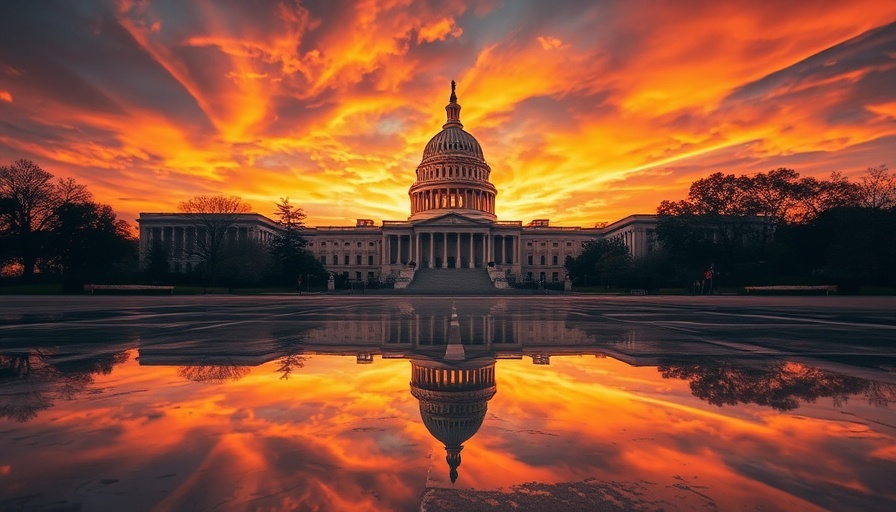
Understanding the Tax Debate Landscape
As 2025 approaches, the looming expiration of provisions from the Tax Cuts and Jobs Act (TCJA) forces the government to reconsider fundamental aspects of tax legislation. The reality is stark: without action, a significant portion of American taxpayers will see increases in their tax bills. Yet, merely extending the existing framework can exacerbate financial instability, potentially adding $3.5 trillion to the national deficit. The intersection of taxpayer needs and lobbying interests is at a critical juncture.
A Call for Simplification and Equity in the Tax Code
The clout of lobbyists amplifies the risk of tailoring tax legislation to suit narrow interests rather than the broader goals of tax simplification and equity. The 2017 tax reforms made strides in tidying up an intricate tax code, yet complexity persists, with over 200 tax expenditures complicating the landscape further. To achieve genuine reform, a holistic reevaluation of the tax code is essential—one that places the broader economic agenda front and center and considers the voices of those who will feel the consequences of potential tax hikes.
Political Stakes and Economic Consequences
The upcoming tax debate underscores substantial political stakes. Some factions within Congress are advocating tactical extensions of the TCJA while opposing efforts that would remove tax loopholes, potentially resulting in hikes that disproportionately affect the middle class. Understanding the relationship between tax structures and economic outcomes is vital—the absence of reform or simplification can dampen economic growth by discouraging investments and raising the tax burden on ordinary citizens.
The Need for a Principles-First Tax Approach
Rather than yielding to the demands of lobbyists, Congress must prioritize a principles-first tax reform approach. Simplifying the tax code while eliminating costly loopholes is not merely constructive but imperative for long-term economic resilience. A focus on delivering a fair taxation system that encourages growth rather than financial uncertainty would serve to stabilize both individual households and the nation's fiscal health.
Conclusion: A Unified Effort for Sustainable Tax Reform
As we move towards the final months leading up to the major decisions on taxes, legislators face an opportunity to act decisively. Eliminating entrenched loopholes and advocating for a simplified tax structure can restore Americans’ confidence and promote actionable economic growth. The public must remain engaged, as their participation is critical to shaping a tax code that reflects the needs of the many, not just the few.
 Add Row
Add Row  Add
Add 




Write A Comment